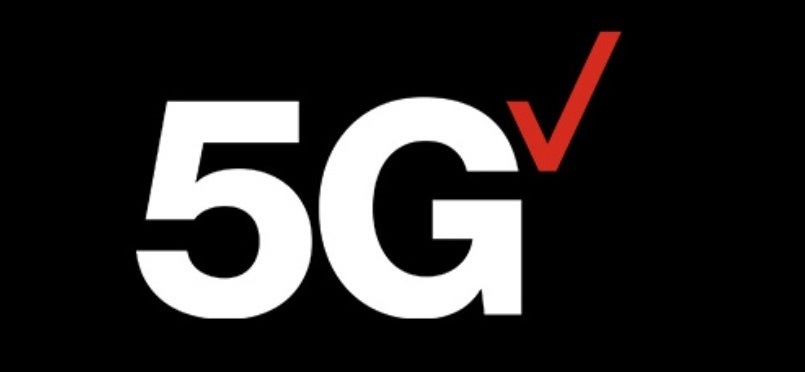Verizon, AT&T delay launch of C-band for 5G use after the FAA voices concerns

Last week, we told you that the FAA was issuing a warning to airlines and pilots about the possibility that 5G C-band signals in the frequency range of 3.7GHz-4.2GHz could interfere with certain features of an aircraft that help pilots land a plane in bad weather, avoid a midair collision, and prevent crashes. AT&T and Verizon were set to start disseminating 5G signals using the C-band on December 5th.
AT&T, Verizon delay launching their 5G C-band signals until January 5th due to FAA fears of interference
But today, The Wall Street Journal reports that both carriers will delay using the C-band following the concerns about interference raised by the FAA. In a joint statement, the FAA and the FCC said, "Today Verizon and AT&T announced that they will voluntarily pause commercial launch" of the C-band based 5G service "to further assess any impact on aviation safety technologies."

Verizon's faster 5G service will be easier for subscribers to find once it starts using its C-band spectrum
The delay will last 30 days and runs to January 5th. Verizon and T-Mobile spent over $68 billion in an FCC auction earlier this year to win licenses to use the C-band spectrum. The pair needed to catch up to T-Mobile whose purchase of Sprint came with the latter's hoard of 2.5GHz mid-band spectrum. T-Mobile arguably has become the early 5G leader in the states thanks to its mid-band frequencies which deliver faster download data speeds than low-band signals and travel farther than mmWave signals.
The problem that Verizon and AT&T have is that their super fast high-band mmWave spectrum travels short distances and does not penetrate structures that well. As a result, obtaining 5G signals that are much faster than 4G LTE is harder to do if you're a customer of the two wireless providers. And both failed to obtain mid-band spectrum for their 5G networks until the C-band auction was held leaving the two far behind T-Mobile in the race to be America's top 5G carrier.
According to a draft directive from the FAA, "At this time, the FAA has no way of determining which airports or areas within the U.S. have or will have 5G base stations or other devices that could provide interference with airplane systems." This type of interference "could lead to loss of continued safe flight and landing." Some equipment used on airplanes runs on the 4.2GHz-4.4GHz frequencies.
FAA and FCC battle over the use of C-band frequencies to disseminate 5G signals
The draft directive also included airworthiness directives that would have forced airlines to restrict flights in U.S. airspace that require gauges known as radio altimeters that measure the distance between aircraft and the ground. Both the FAA and FCC have been going back and forth over the issue and a coalition of aviation groups was set to make a presentation to White House officials this week, warning that potential FAA restrictions could result in airports and regions of the country being shut down as passengers and shippers suffer from flight cancellations, delays, and diversions.
After reviewing several studies on the matter, the FCC set rules on the use of C-band spectrum as it pertains to aviation back in March 2020. At the time, the regulatory agency stated that "well-designed equipment should not ordinarily receive any significant interference (let alone harmful interference)." The FCC order gave the go-ahead for Verizon and AT&T to use the C-band for 5G starting on December 5th although that is now pushed back by a month.
Before today's announcement by Verizon and AT&T, the industry's trade association, the CTIA, tried to warn the public about what could happen if the FAA was able to block the use of C-band for 5G. Meredith Attwell Baker, CTIA president, notes that the C-band is used in 40 countries without creating any harmful interference that could affect the aviation industry. Baker said, "Any delay in activating this spectrum risks America’s competitiveness and jeopardizes our ability to ensure global 5G leadership."










Things that are NOT allowed: